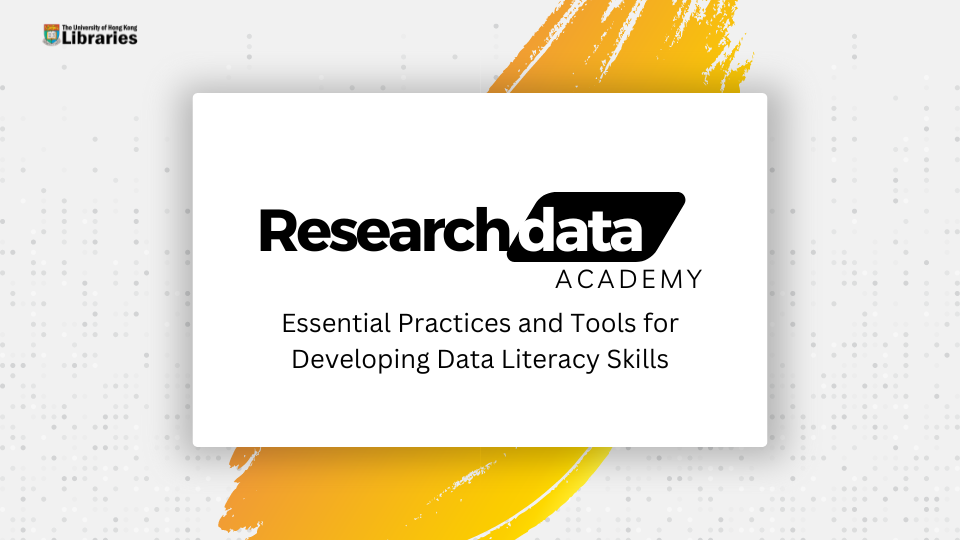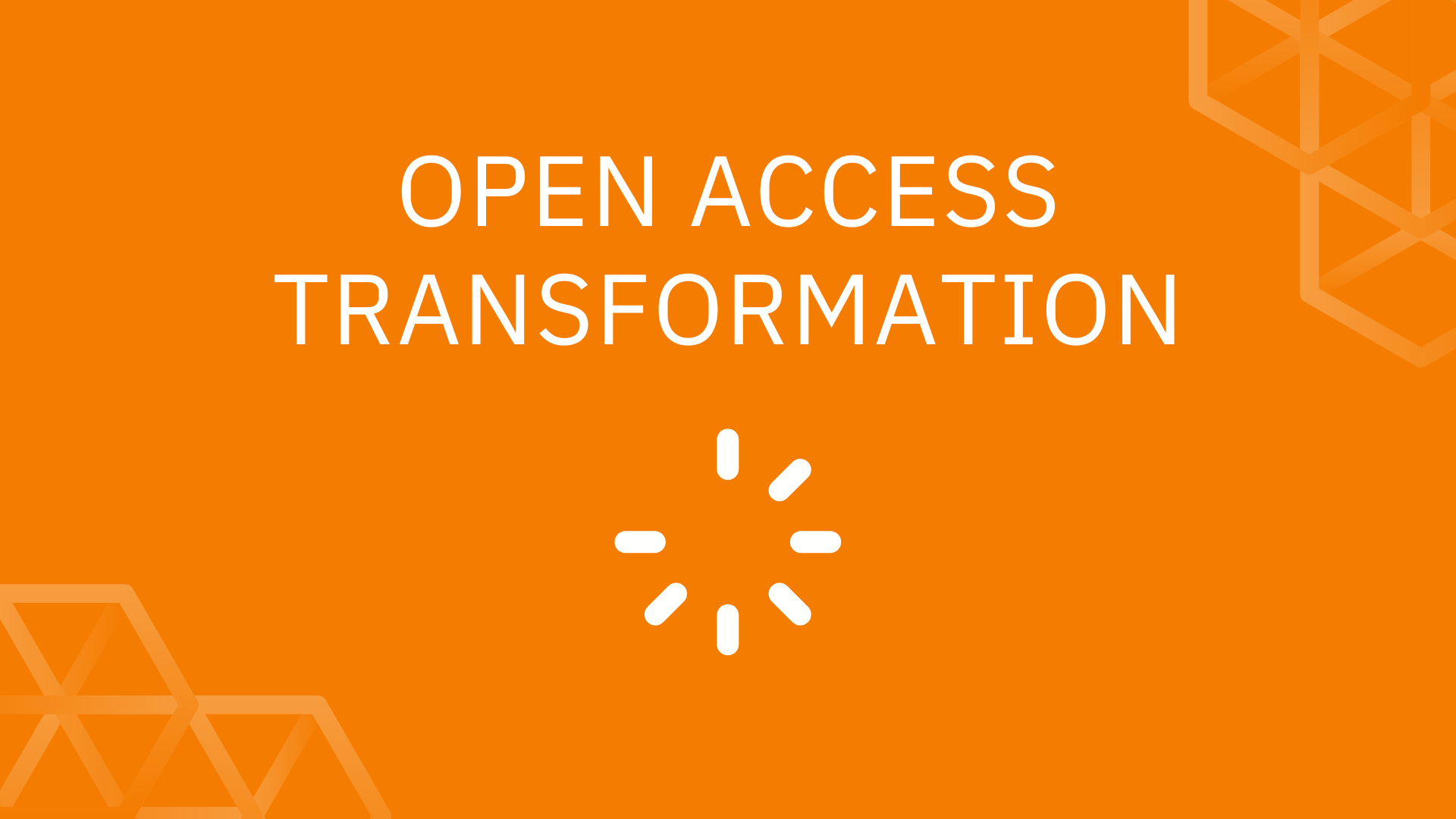Tag: scholarly publishing

Web Scraping: Efficient Data Collection from the Web
— by Vivian Qiu In March – May 2024, the HKU Libraries organised the Research Data Academy, RDA, a series of training sessions designed to strengthen participants’ data literacy skills, covering multiple areas in the research data lifecycle. In the coming months, based on the RDA, several posts on key topics in the research lifecycle…
Read More
Research Data Academy Series: From Planning, Analysis to Sharing
— by Chloe Ng The Research Data Academy, organized by the HKU Libraries, is a series of training sessions designed to strengthen your data literacy skills. It provides researchers with essential practices and useful tools that help you to work with your research data efficiently. Registration is now open. All HKU students and staff who are…
Read More
Open Access in Progress: An Overview of Participation of HKU Authors in Open Access Publishing
— by Fanny Liu Open access, a key element of open science, has become an emerging trend in recent years. Noted that open science practices, which foster openness, transparency, and inclusiveness, are already in place worldwide, the UNESCO Recommendation on Open Science (2021) called for promotion of a common understanding of open science, associated benefits…
Read More
Celebrate the Spectacular Success of Open Access Week 2023 at HKU
— by Fanny Liu We are overjoyed to share the tremendous success of Open Access Week 2023 at HKU Libraries. Please join us in celebrating this remarkable achievement. It is still not too late to revisit the webinars and join a quiz to test your knowledge afterwards! Scroll down for highlights of the event. Open…
Read More
Celebrate the Open Access Week 2023 with HKU Libraries
— by Florence Ng The International Open Access Week is organized by SPARC in partnership with the Open Access Week Advisory Committee every year, aiming to provide an opportunity for the academic and research community to learn what the potential benefits of Open Access (OA) are, to share what they have learned or their own…
Read More
Publish and Share Your Research: Suggestions from Editors and Librarians Seminar Series
— by Fanny Liu The Libraries is co-organizing a series of seminars with CITE (Centre for Information Technology in Education, Faculty of Education, The University of Hong Kong) to provide researchers with useful advice on publishing your research. Eight seminars on various topics by journal editors and librarians will be held in this academic year.…
Read More
Breaking Down Barriers: Transformative Agreements Bringing Open Access to Research
— by Fanny Liu Transformative agreement A transformative agreement is a type of open access publishing agreement that seeks to transform the traditional subscription-based model of scholarly publishing into a more sustainable and equitable system. This new model includes two main components: “Read” and “Publish”. “Read” refers to the subscription fees to access journal articles…
Read More
Transforming Open Access: Report of the 16th Berlin Open Access Conference
— by Florence Ng The Conference From 6-7 June 2023, representatives of research communities from 38 nations and six continents gathered at the 16th Berlin Open Access Conference (B16) hosted by the Max Planck Society. The purpose of the conference was to gather global actors in discussion of viable strategies to transform scholarly publishing from…
Read More
An Impactful Initiative: A Summary of HKU Libraries Open Access Author Fund in 2022/23
— by Fanny Liu The HKU Libraries Open Access Author Fund, a key initiative of the Libraries to support open access by HKU researchers, has been run for the first financial year. Join us in celebrating success with a few outcome snapshots. Applications In the financial year 2022/23, the Fund supported 84 journal articles authored…
Read More
Unlocking the Path to Success: Tips for Becoming a Strong Researcher and Getting Published
— by Fanny Liu Becoming a good researcher and getting published are two goals that go hand in hand. To succeed as a researcher, it is essential to both conduct rigorous research and communicate your findings effectively. Conducting rigorous research To conduct research, you will go through stages including: Below are some tools and training…
Read More